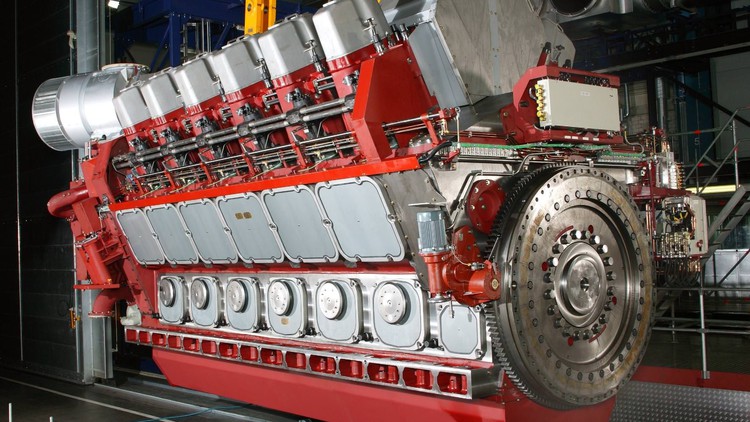
What you will learn
Gas Turbines
Steam Turbines
Turbo Expander
Gas Engines and Diesel Engines
Organic Rankine cycle
Description
Course goals:
-
To have an overview of all kinds of rotating equipment and their applications.
-
A complete understanding of construction details, functioning, and performance of pumps/compressors for successful plant operation
-
To know and study the different types of pumps/compressors, centrifugal, screw, and reciprocating. Their mechanical parts and hydrodynamic performance.
-
To know how to select and specify the type and model of pumps for a specific service according to international standards with CAPEX and OPEX optimization.
-
To Understand pump working principles for the successful operation of your plant and piping systems.
-
To learn how to read and interpret your pump compressor curves and system curves
-
To Optimize the operation efficiency of your pumping systems.
-
To Understand centrifugal pumps/compressors’ construction details (impeller, volute, shaft, bearings, packing, mechanical seals, etc.
-
Learn How to read and fill pumps datasheets, e.g. centrifugal, diaphragm, reciprocating, screw…etc.
-
To learn how to survey the market and identify market lead manufactures and their facilities worldwide.
-
To learn How to successfully witness the equipment testing and approve test results.
-
To discuss and clarify some installation and start-up activities’ important aspects according to international standards.
-
To know and select the different types of engines, power limitations, and applications.
Full Course contents:
1-Rotating equipment classifications. Part#1
General overview and discussion for machinery equipment in the oil and gas industry.
2-Pumps applications and technology.Part#2
-Pump Fundamentals.
– Pumps types and hydraulic coverage chart.
-Pumps applications and services.
3-API Centrifugal pumps design and applications. Part#3
-Pump Classifications.
-Pumps mechanical construction and material selection.
-Mechanical seal system.
-Lube oil system.
-Pumps skids installation.
4-Positive displacement pumps- Rotary type-Reciprocating type.Part#4
-Reciprocating pumps mechanical construction.
-Reciprocating pumps applications and services.
-Reciprocating pumps design and performance.
-Screw pumps mechanical construction.
-Screw pumps applications and services.
-Screw pumps design and performance.
5-Compressors applications and technology.Part#5
-Compressor Fundamentals.
-Compressor types and hydraulic coverage Map.
-Compressor applications and services.
6-Centrifugal compressors design and application.Part#6
-Compressor Nomenclature
-Definition and Historical Developments
-Application Map and Arrangements
-Compressor Models and Nomenclature
-Main Components.
-Rotor Dynamics and Materials.
-Thermodynamics Fundamentals.
-Non-dimensional Parameters
-Compressor Stage Design
-Multi-stage Performance
7-Reciprocating compressors design and application.Part#7
-Reciprocating compressor applications
-Gas Compression fundamentals
-Mechanics theory: forces and loads
-Component of reciprocating compressors
-Auxiliary Systems
-Main drivers
-Monitoring
8-Air compressor package/firewater pumps package.Part#8
9-Engines in OIl and Gas industry. part#9
Content